Kode Icd 10 Otalgia
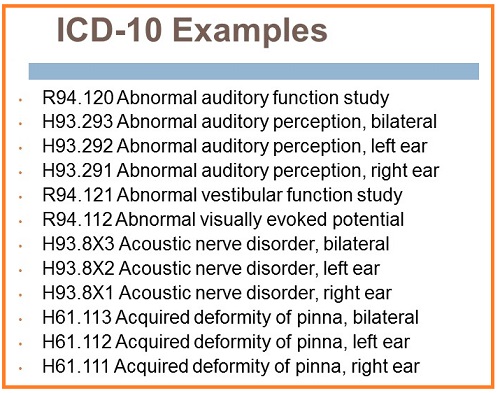 Billing And Coding 2015 Update Kim Cavitt Billing And
Billing And Coding 2015 Update Kim Cavitt Billing And
H92.0 - ICD 10 Code for Otalgia - Non-billable
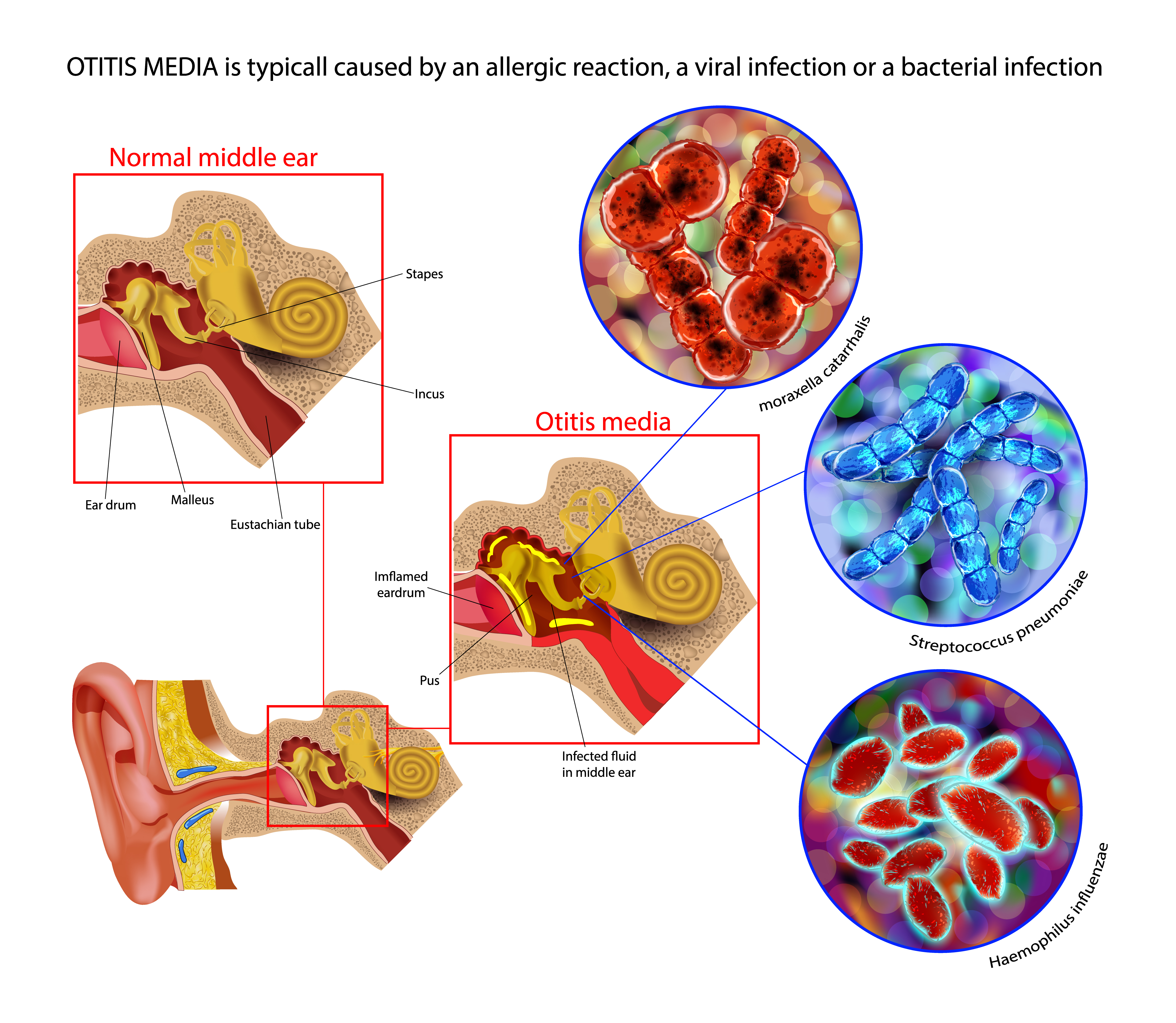
Should you use H92.0 or H920 (with or without decimal point)? DO NOT include the decimal point when electronically filing claims as it may be rejected. Some clearinghouses may remove it for you but to avoid having a rejected claim due to an invalid ICD-10 code, do not include the decimal point when submitting claims electronically.
Page 2
This note further define, or give examples of, the content of the code or category.
List of terms is included under some codes. These terms are the conditions for which that code is to be used. The terms may be synonyms of the code title, or, in the case of “other specified” codes, the terms are a list of the various conditions assigned to that code. The inclusion terms are not necessarily exhaustive. Additional terms found only in the Alphabetic Index may also be assigned to a code.
Certain conditions have both an underlying etiology and multiple body system manifestations due to the underlying etiology. For such conditions, the ICD-10-CM has a coding convention that requires the underlying condition be sequenced first, if applicable, followed by the manifestation. Wherever such a combination exists, there is a “use additional code” note at the etiology code, and a “code first” note at the manifestation code. These instructional notes indicate the proper sequencing order of the codes, etiology followed by manifestation.
A type 1 Excludes note is a pure excludes. It means 'NOT CODED HERE!' An Excludes1 note indicates that the code excluded should never be used at the same time as the code above the Excludes1 note. An Excludes1 is used when two conditions cannot occur together, such as a congenital form versus an acquired form of the same condition.
A type 2 Excludes note represents 'Not included here'. An Excludes2 note indicates that the condition excluded is not part of the condition it is excluded from but a patient may have both conditions at the same time. When an Excludes2 note appears under a code it is acceptable to use both the code and the excluded code together.
A “code also” note instructs that two codes may be required to fully describe a condition, but this note does not provide sequencing direction. The sequencing depends on the circumstances of the encounter.
Certain conditions have both an underlying etiology and multiple body system manifestations due to the underlying etiology. For such conditions, the ICD-10-CM has a coding convention that requires the underlying condition be sequenced first, if applicable, followed by the manifestation. Wherever such a combination exists, there is a “use additional code” note at the etiology code, and a “code first” note at the manifestation code. These instructional notes indicate the proper sequencing order of the codes, etiology followed by manifestation.
Gallery Kode Icd 10 Otalgia
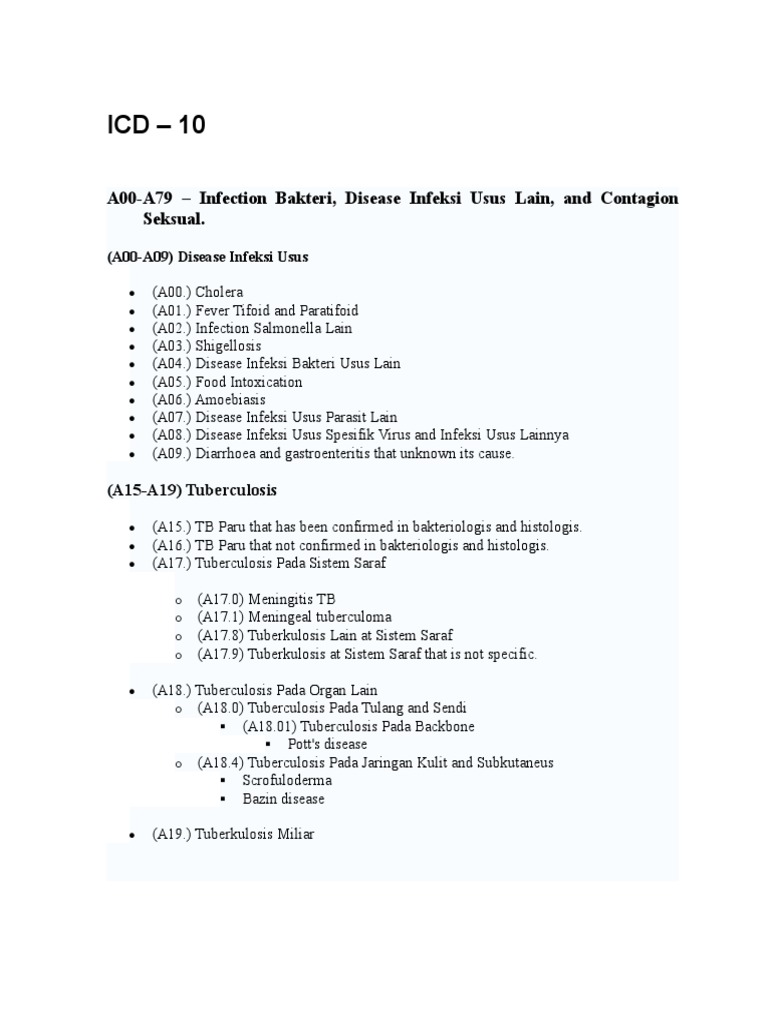
Example 2 Mapping An Approximate One To One Code
 Simulation Of Icd 9 To Icd 10 Cm Transition For Family
Simulation Of Icd 9 To Icd 10 Cm Transition For Family
Icd 10 International Statistical Classification Of Diseases
 Ear And Mastoid Process Clinical Gate
Ear And Mastoid Process Clinical Gate
 Page Icd 10 Cm 2010 Djvu 450 Wikisource The Free Online
Page Icd 10 Cm 2010 Djvu 450 Wikisource The Free Online
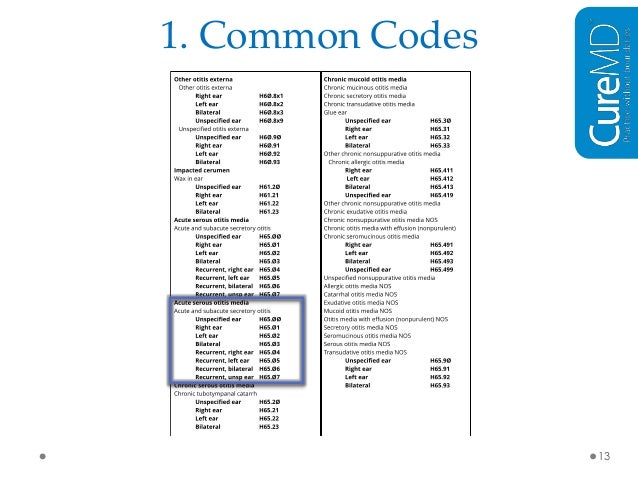 How To Find The Right Icd 10 Code
How To Find The Right Icd 10 Code
 Orientation Training On Icd 10 Central Bureau Of Health
Orientation Training On Icd 10 Central Bureau Of Health
 Icd 10 And Clinical Documentation
Icd 10 And Clinical Documentation
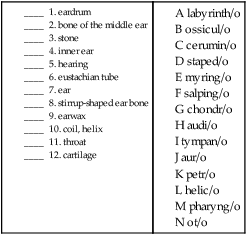 Ear And Mastoid Process Clinical Gate
Ear And Mastoid Process Clinical Gate
 Icd 10 Look To Z Codes When Patients Turns Out To Be
Icd 10 Look To Z Codes When Patients Turns Out To Be

 Complete Codes And Placeholders Pdf Complete And
Complete Codes And Placeholders Pdf Complete And
 Code Rhetoric Tam Talk Abraham Medical Coding Coach Llc
Code Rhetoric Tam Talk Abraham Medical Coding Coach Llc
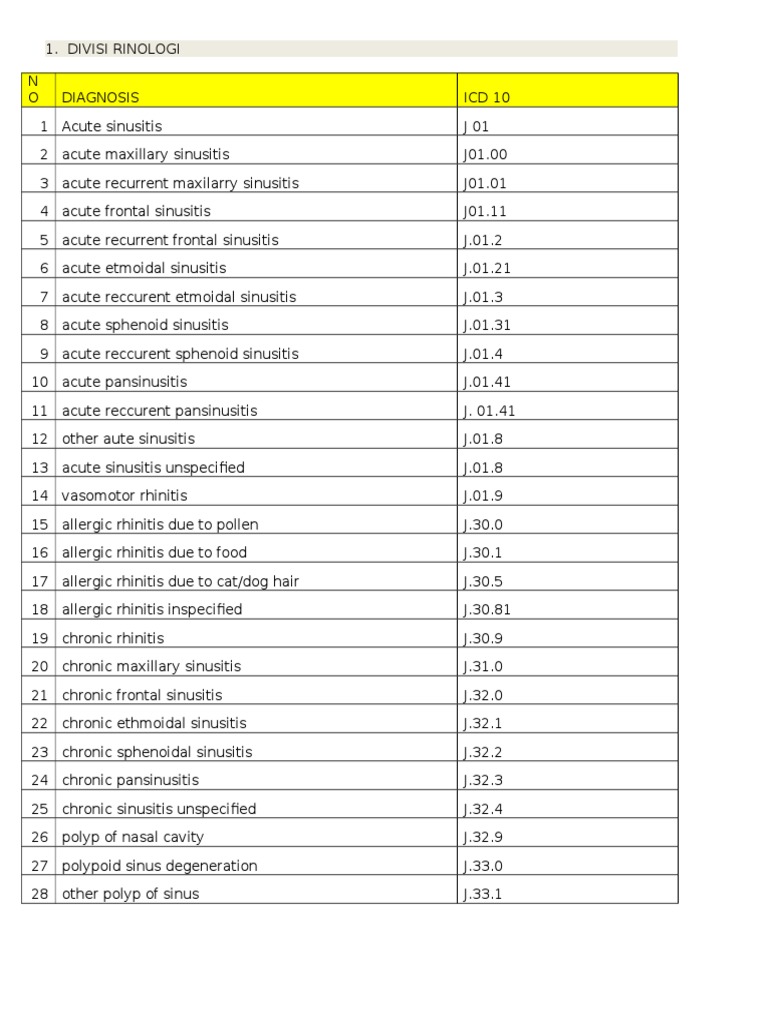
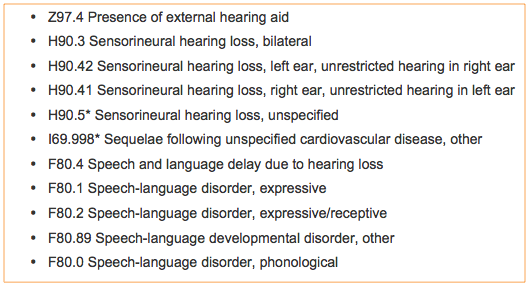 2016 Coding And Reimbursement Update Kim Cavitt Billing And
2016 Coding And Reimbursement Update Kim Cavitt Billing And
 Icd 10 And Clinical Documentation
Icd 10 And Clinical Documentation
Icd 10 Codes Utilized By Audiologists
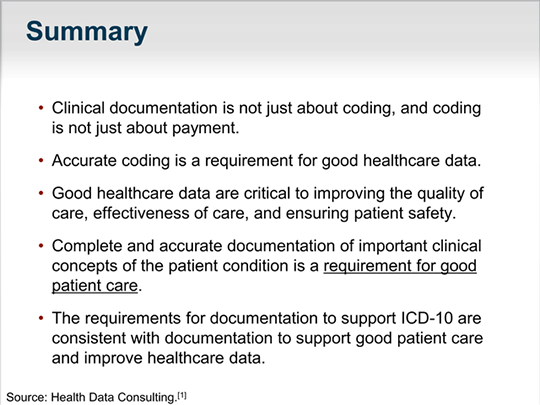 Icd 10 And Clinical Documentation
Icd 10 And Clinical Documentation
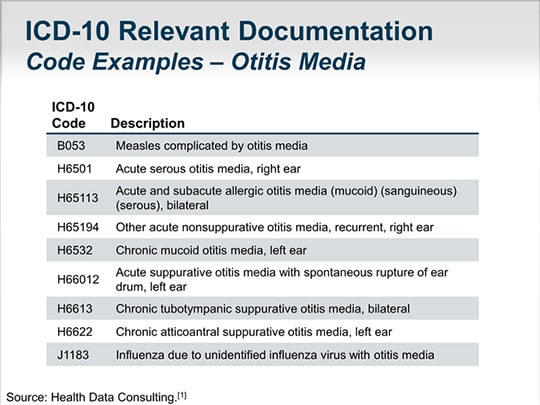 Icd 10 And Clinical Documentation
Icd 10 And Clinical Documentation
 Common Icd 10 Codes For Otolaryngology Icd 10 Code Lookup
Common Icd 10 Codes For Otolaryngology Icd 10 Code Lookup


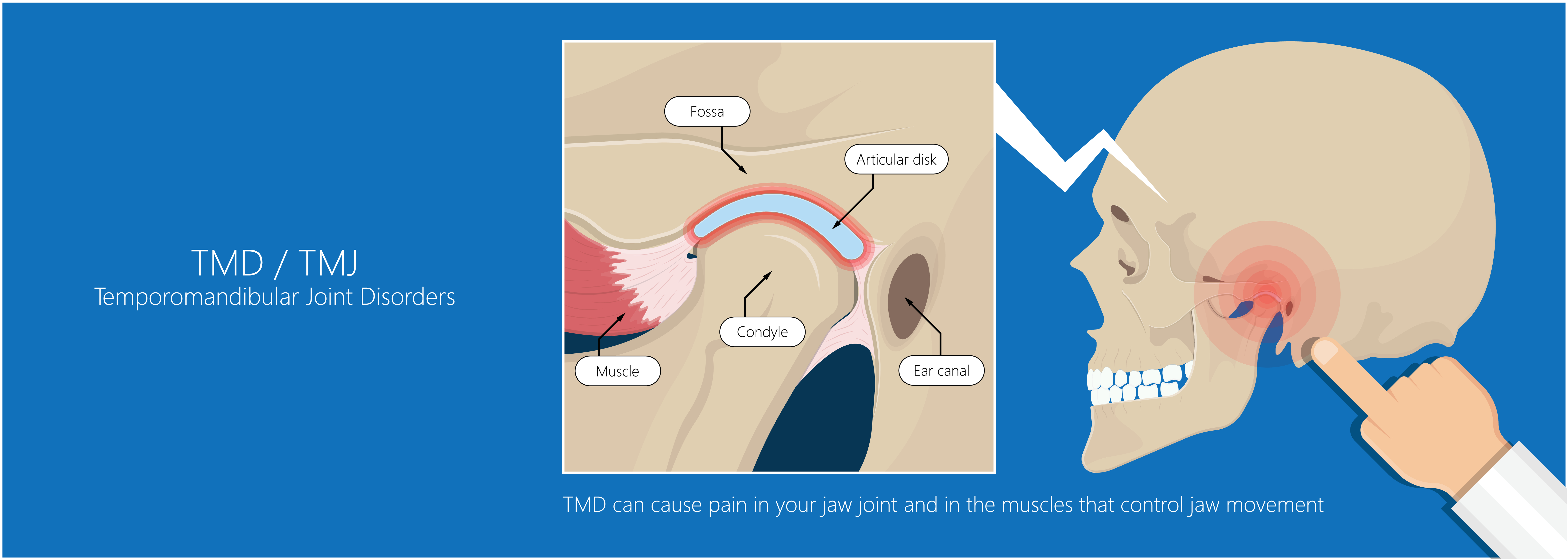
0 Response to "Kode Icd 10 Otalgia"
Post a Comment